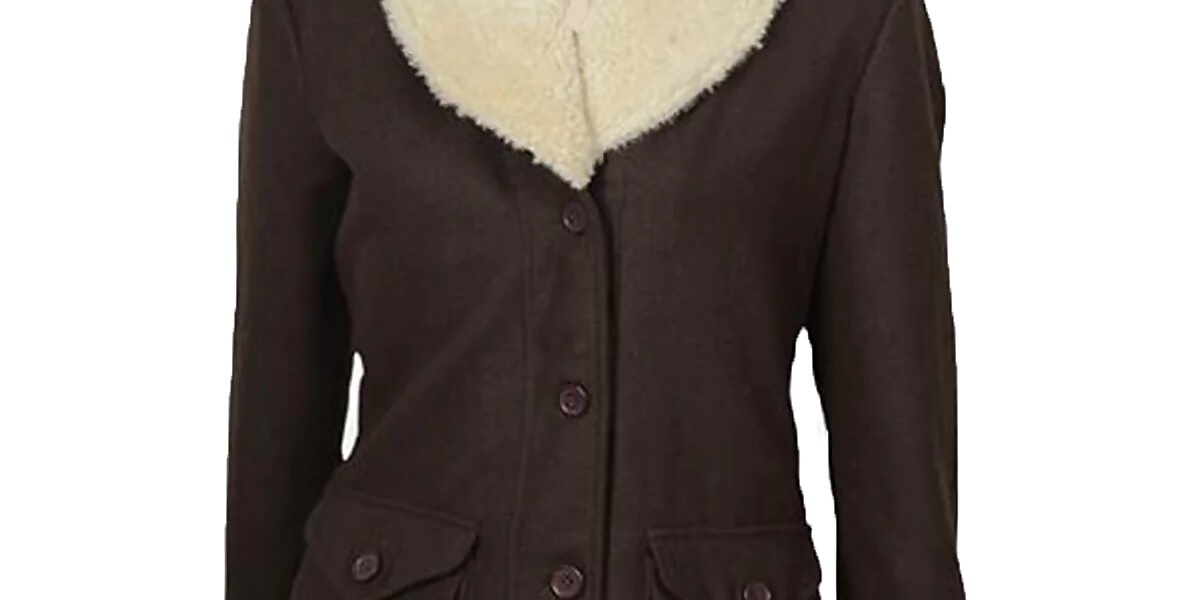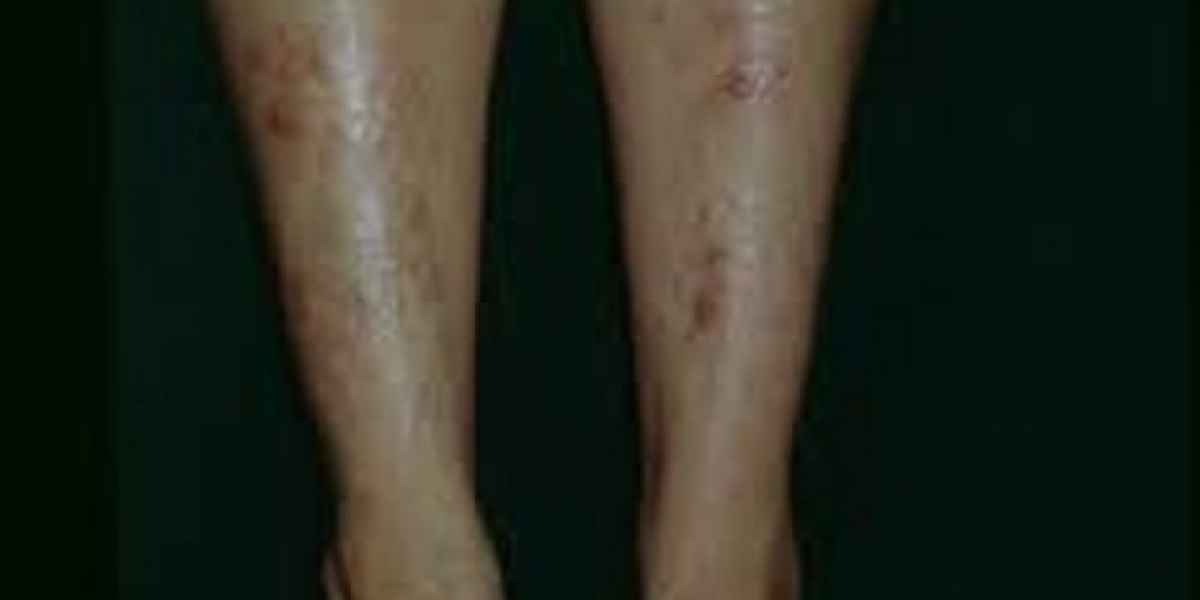1. Dressing for the Seasons
Yellowstone experiences four distinct seasons, and your choice of outfits should reflect the time of year you plan to visit. Summers can be warm and sunny, so lightweight clothing, sunscreen, and a wide-brimmed hat are essential. In contrast, winters are bitterly cold, so you'll need insulated clothing, waterproof boots, and cold-weather accessories like gloves and a warm hat.
2. Layering is Key
No matter the season, layering is your best friend in Yellowstone. The weather can change rapidly, so having multiple layers allows you to adapt to varying conditions. Start with a moisture-wicking base layer to keep sweat away from your skin, add an insulating layer for warmth, and finish with a waterproof and windproof outer layer to protect against rain or snow.
3. Footwear Essentials
Comfortable and sturdy footwear is a must when exploring Yellowstone. For hiking and walking, invest in a good pair of waterproof and supportive hiking boots or trail shoes. In the winter, opt for insulated, waterproof boots to keep your feet warm and dry while traversing the snowy trails.
4. Wildlife-Friendly Colors
Yellowstone is teeming with wildlife, and if you want to spot animals, it's essential to wear earth-toned and neutral colors to blend in with the surroundings. Avoid bright colors and flashy patterns, as they can startle wildlife and disrupt your chances of getting that perfect wildlife photograph.
5. Protection from the Elements
Sun, wind, and rain are common in Yellowstone, so come prepared. Don't forget to pack sunglasses to protect your eyes from the intense sunlight, a wide-brimmed hat or cap to shield your face, and a rain jacket to stay dry during sudden downpours. In winter, pack thermal gloves and a scarf to protect against frostbite.
6. Stay Safe from Insects
During the summer months, mosquitoes and other insects can be quite bothersome in Yellowstone. Make sure to bring insect repellent and lightweight, long-sleeved clothing to keep the bugs at bay while still staying cool.
7. Respect Park Regulations
When planning your Yellowstone outfits, it's essential to consider the park's regulations. Some trails may have specific clothing requirements due to safety concerns or to protect the fragile ecosystem. Always check the park's guidelines before embarking on any adventure.
8. Pack for Water Adventures
If you're planning to explore Yellowstone's rivers and lakes through activities like kayaking or fishing, be sure to pack appropriate attire. Quick-drying swimwear, water shoes, and a sun-protective rash guard are essential for a day on the water.
9. Don't Forget Your Camera Gear
Yellowstone is a photographer's paradise, so if you're an avid shutterbug, make sure you have a comfortable camera bag or backpack to carry your gear. Invest in a weatherproof cover to protect your camera from unexpected rain or snow.
10. Consider the Altitude
Yellowstone's high elevation can impact how you feel and what you wear. At over 7,000 feet above sea level, the air is thinner, and temperatures can drop more rapidly at night. Dress in layers to adapt to changing conditions, and drink plenty of water to stay hydrated in the dry mountain air.
11. Be Bear Aware
Yellowstone is bear country, and if you plan to hike in areas known for bear activity, it's vital to wear bear bells and carry bear spray. Your outfit should allow easy access to these safety items in case of a bear encounter.
12. Dressing for the Geothermal Areas
Yellowstone is famous for its geothermal features like geysers and hot springs. When visiting these areas, be aware of the steam and heat. Choose breathable clothing, wear closed-toe shoes, and be cautious when walking on boardwalks, as they can be slippery due to the moisture and mineral deposits.
In conclusion, planning your outfits for a trip to Yellowstone National Park involves considering the season, activities you have in mind, and the park's unique environmental factors. Remember to prioritize comfort, functionality, and safety in your clothing choices. By packing the right outfits, you'll be well-prepared to fully enjoy the stunning natural beauty and diverse wildlife that Yellowstone has to offer. So, what will you wear on your Yellowstone adventure?









